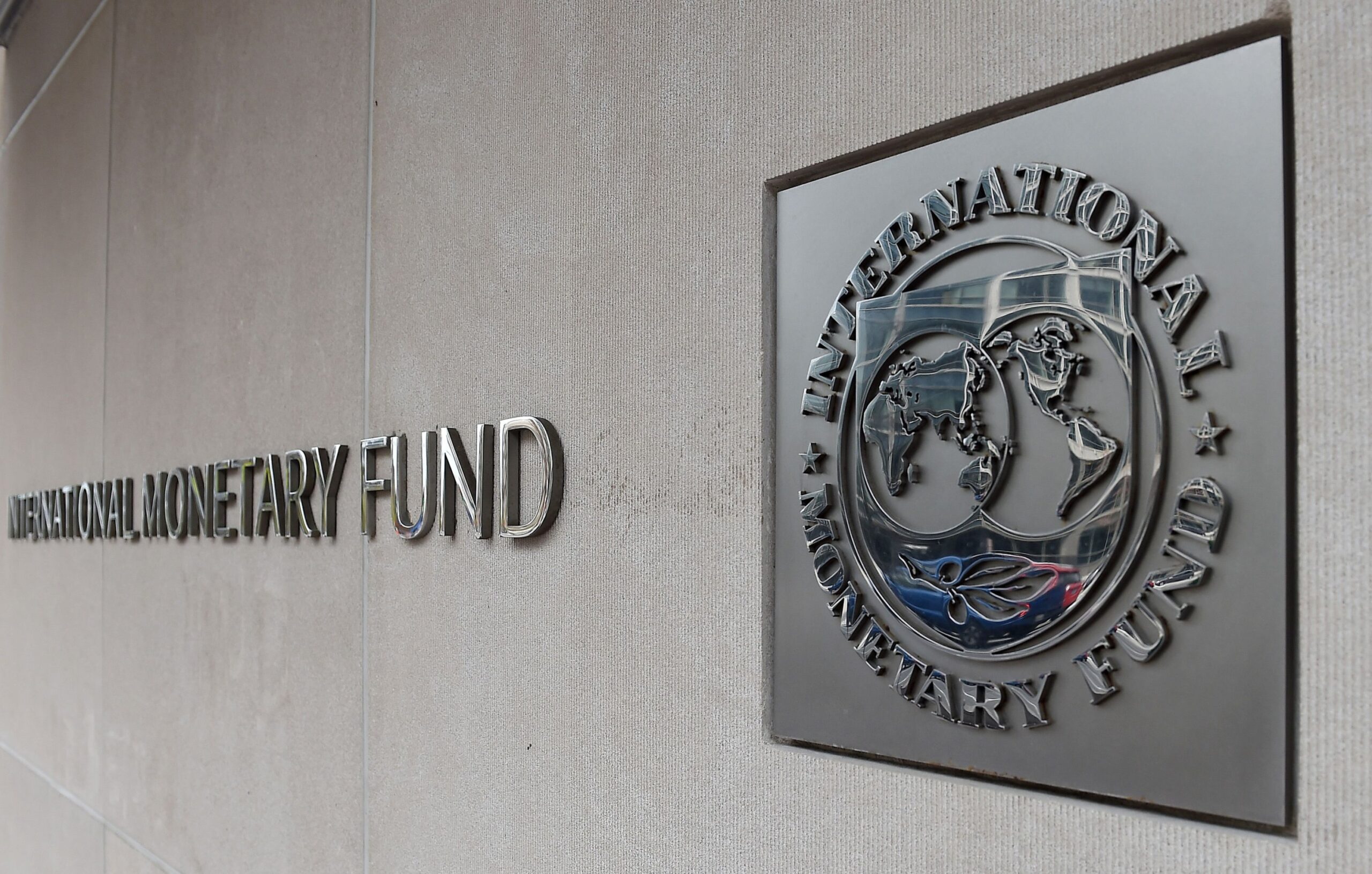International Monetary Fund (IMF) Director and Chief Economist Pierre-Olivier Gourinchas, restrictions on the export of some varieties of rice by India are expected to increase global food price volatility.
“And they (the ban on rice exports) can also lead to retaliatory measures. So, they are certainly something that we would encourage the removal of these types of export restrictions because they can be harmful globally,” Gourinchas said.
The Black Sea Grain Initiative had a significant role in ensuring that there would be a sufficient supply of grain available to the world in the previous year, according to the IMF’s chief economist.
“And there are estimates of about 33 million tons of grain that were shipped from Ukraine to the rest of the world. And it helped keep price pressures on food and grain prices lower,” Gourinchas said.
“Now that this grain deal has been suspended, the same mechanics work in reverse, and it’s likely to put upward pressure on food prices,” he added.
The export policy for non-basmati white rice was changed from “free” to “prohibited” and went into effect right away. This policy applies to rice that has been partially or completely milled, regardless of whether it has been polished or glazed.
However, the export will only be permitted in accordance with the government’s authorization issued to other nations in order to meet their demands for food security and in accordance with their request.
In September 2022, India prohibited the export of broken rice and imposed a 20% levy on all exports of non-Basmati rice, with the exception of parboiled rice, in response to worries about an anticipated low supply as a result of a decline in the area planted to paddy. Later, in November, the prohibition was lifted.





